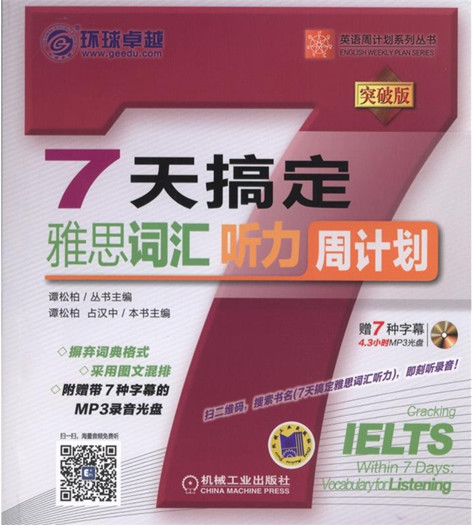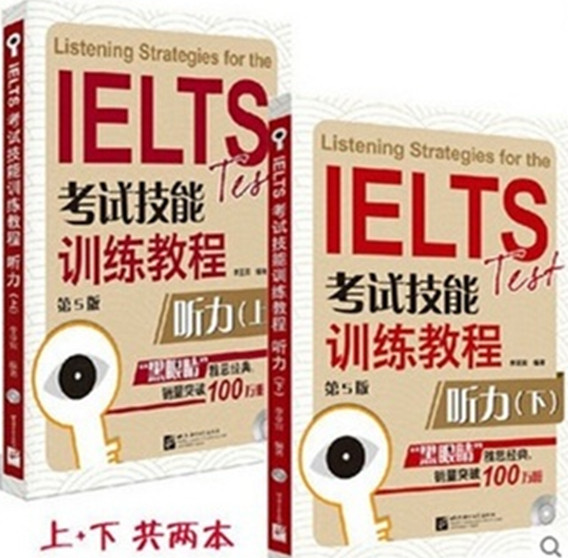People often ask which is the most difficult language to learn, and it is not easy to answer because there are many factors to take into consideration. Firstly, in a first language the differences are (66) as people learn their mother tongue naturally, so the question of how hard a language is to learn is only (67 ) when learning a second language.
A native speaker of Spanish, (68) , will find Portuguese much easier to learn than a native speaker of Chinese, because Portuguese is very similar to Spanish, (69) Chinese is very different. So first language can (70) learning a second language. The greater the differences between the second language and our first are, the (71) it will be for most people to learn. Many people answer that Chinese is the hardest language to learn, possibly (72) by the thought of learning the Chinese writing system, and the pronunciation of Chinese does appear to be very difficult for many foreign learners. (73) , for Japanese speakers, who already use Chinese characters in their own language, learning (74) will be less difficult than for speakers of languages using the Roman alphabet.
Some people seem to learn languages (75) , while others find it very difficult. Teachers and the (76) in which the language is learned also play an important role, as well as each learner’s motivation for learning. If people learn a language because they need to use it (77) , they often learn it faster than people studying a language that has no direct use in their day to day life.
(78) from different cultures will find different languages more difficult. No language is easy to learn well, (79) languages which are related to our first language are easier. Learning a completely different writing system is a huge (80) , but that does not necessarily make a language more difficult than another.
66. A. apparent B. extensive C. decline D. unimportant
67. A. relevant B. permanent C. essential D. progressive
68. A. by contrast B. in addition C. for example D. after all
69. A. when B. while C. where D. whether
70. A. affect B. achieve C. attach D. assemble
71. A. easier B. harder C. faster D. slower
72. A. inherited B. overtaken C. influenced D. restricted
73. A. However B. Moreover C. Therefore D. Anyhow
74. A. speaking B. listening C. reading D. writing
75. A. gradually B. steadily C. readily D.subconsciously
76. A. learners B. materials C. tutors D.circumstances
77. A. occasionally B. professionally C. properly D. informally
78. A. societies B. characters C. individuals D. visitors
79. A. as B. though C. because D. since
80. A. success B. surprise C. opportunity D. challenge
66—70 DACBA 71—75 BCADC 76—80 DBCBD
- 05-22·2018雅思阅读模拟题精选及答案汇总
- 02-20·2018雅思阅读模拟题精选及答案(十五)
- 02-20·2018雅思阅读模拟题精选及答案(十四)
- 02-20·2018雅思阅读模拟题精选及答案(十三)
- 02-20·2018雅思阅读模拟题精选及答案(十二)
- 12018-05-222018雅思阅读模拟题精选及答案汇总
- 22018-02-202018雅思阅读模拟题精选及答案(十五)
- 32017-11-072017年雅思阅读模拟题:极光
- 42017-07-122017年雅思阅读模拟题及答案解析汇总
- 52017-07-112017年雅思阅读模拟题及答案解析(七)
编辑推荐
- 模拟试题
- 历年真题





